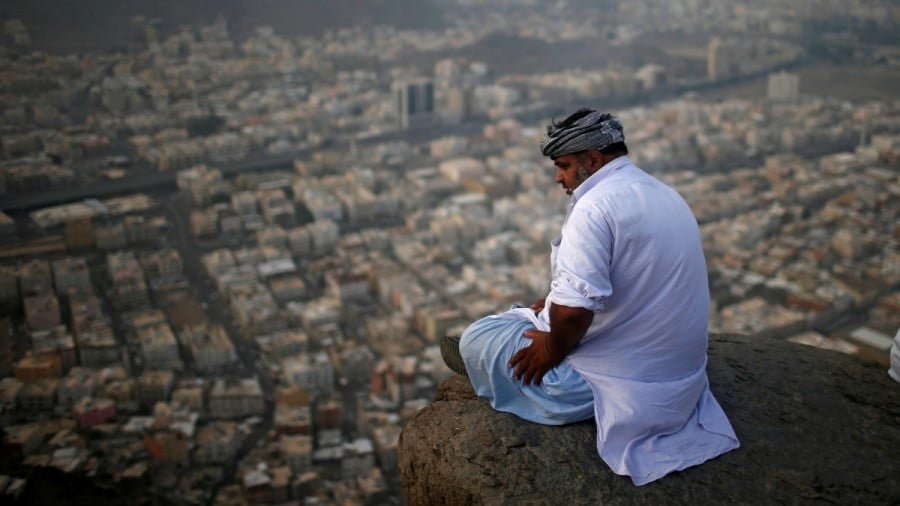Sure, Maybe China “Weaponizes Tourism”, But the US Weaponizes Its Own Economy
China has allegedly “weaponized” tourism to punish the Pacific Island country of Palau for its continued political relations with Taiwan.
Reuters published a report last weekend about the effects of China’s decision last year to brand the nation an “illegal destination” because of its lack of diplomatic relations with it, which has had a domino effect of not only destroying the tourism industry that its nationals previously dominated, but also all of the other businesses associated with it. The outlet quoted a hotel owner who said that “Some believe that the dollars were allowed to flow in and now they are pulling it back to try and get Palau to establish ties diplomatically”, a strategy that he described as amounting to “China weaponizing tourism”.
On the surface, this certainly seems to be the case, and it’s well-known that China is using all the necessary means at its disposal to silently sway Taiwan’s remaining 17 international allies to its side. Looking deeper, however, there are good reasons for China to take the action that it did against Palau because it’s unable to assist its citizens – both physically and in terms of their economic rights – if something ever happened without having a diplomatic presence there that can only occur if the island recognized Beijing as the legitimate government of China.
The slightly more than 20,000 Palauans should have known that this would happen sooner or later and shouldn’t have allowed themselves to grow so dependent on Chinese money, but they’re not alone in having had something of this sort happen to them, nor is China the only country that has ever utilized this strategy. In fact, the US is presently doing this on a global scale by weaponizing access to its markets through primary and “secondary” sanctions after making most of the world dependent on them over the past two decades.
Both the EU and India, for example, are in differing states of complex, though albeit somewhat lopsided, economic interdependency with the US and require access to its markets for continued growth, which is why both of them have quietly backtracked on their support of Iran after Trump pulled out of the nuclear deal a few months ago and threatened everyone else with “secondary sanctions” if they continue doing business with it following the reimposition of primary sanctions. This global power play is undoubtedly more consequential than China turning the screws on a tiny country to abandon Taiwan, though the Mainstream Media deliberately does everything it can do to distract from it.







